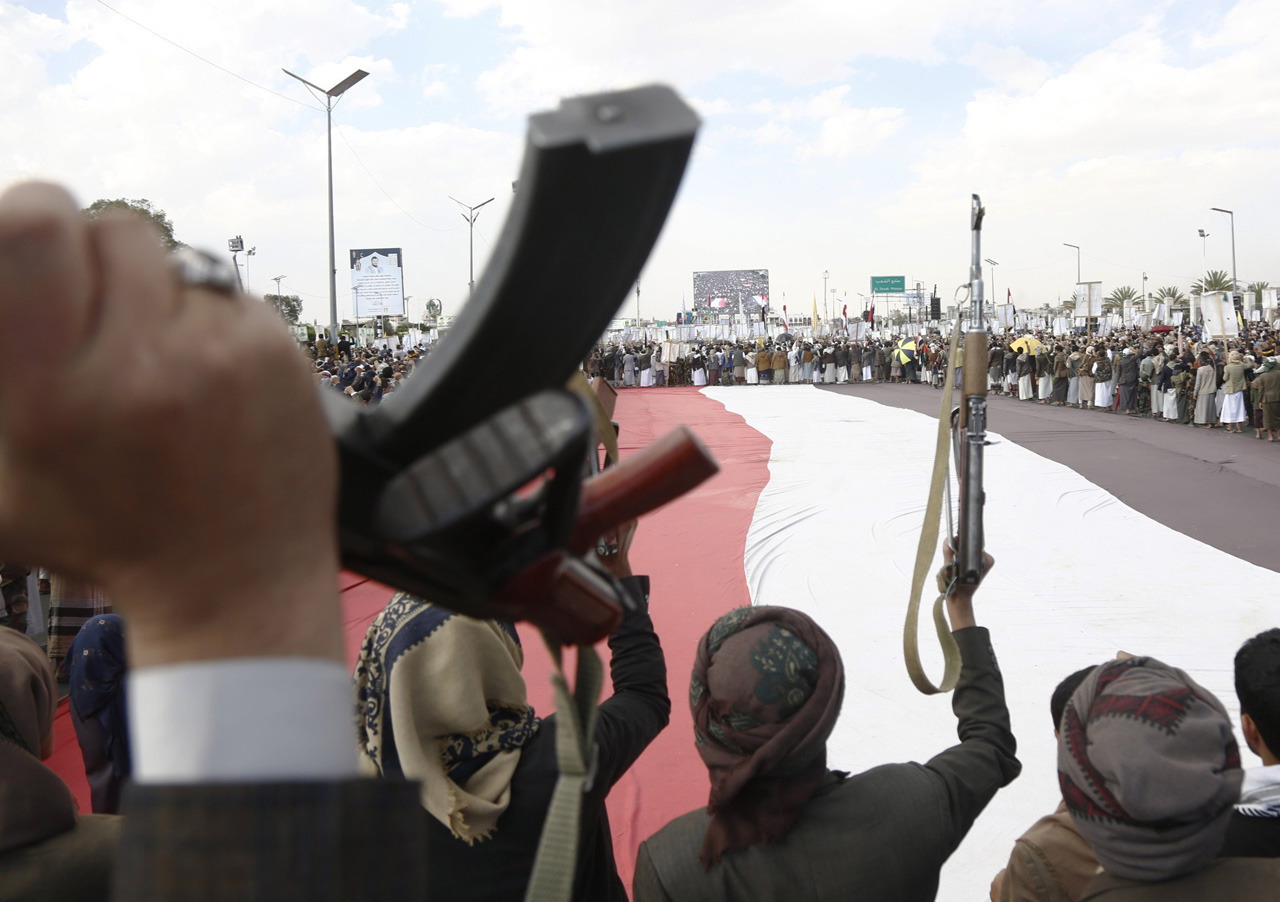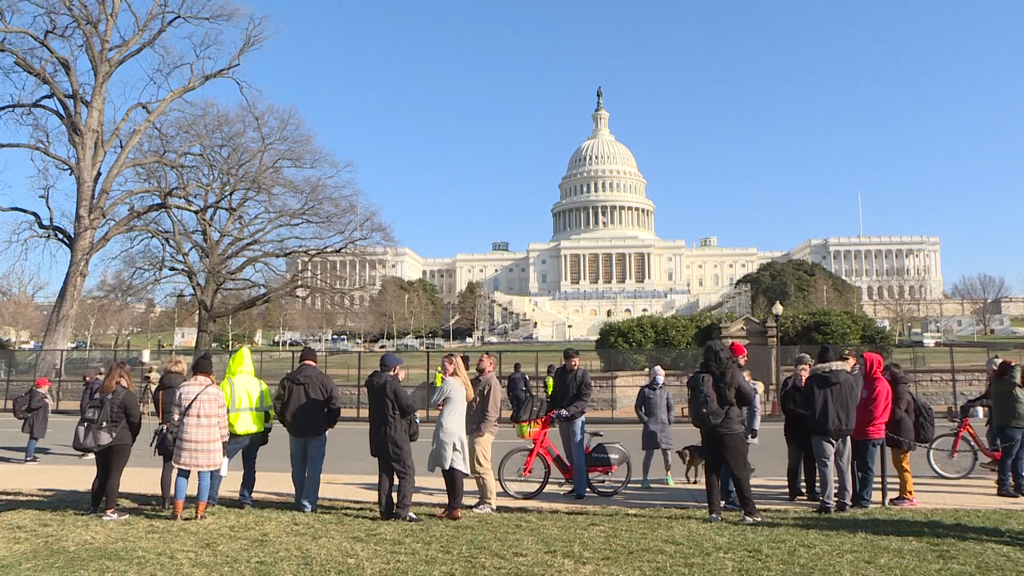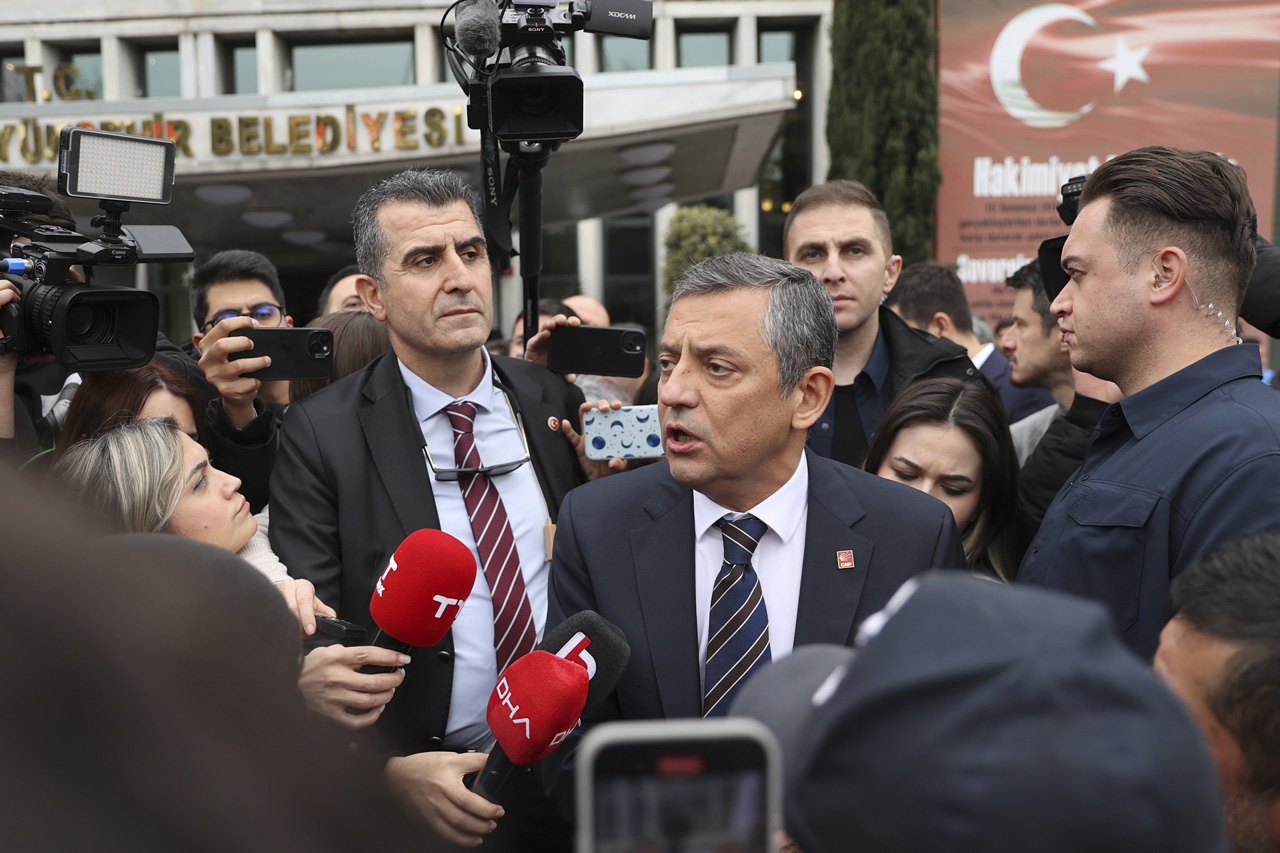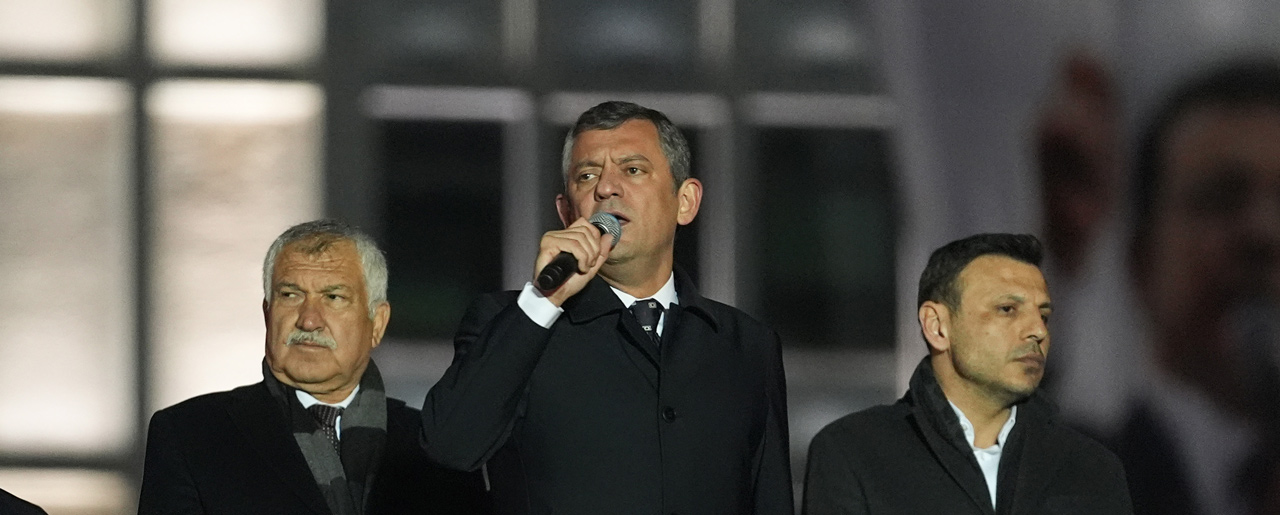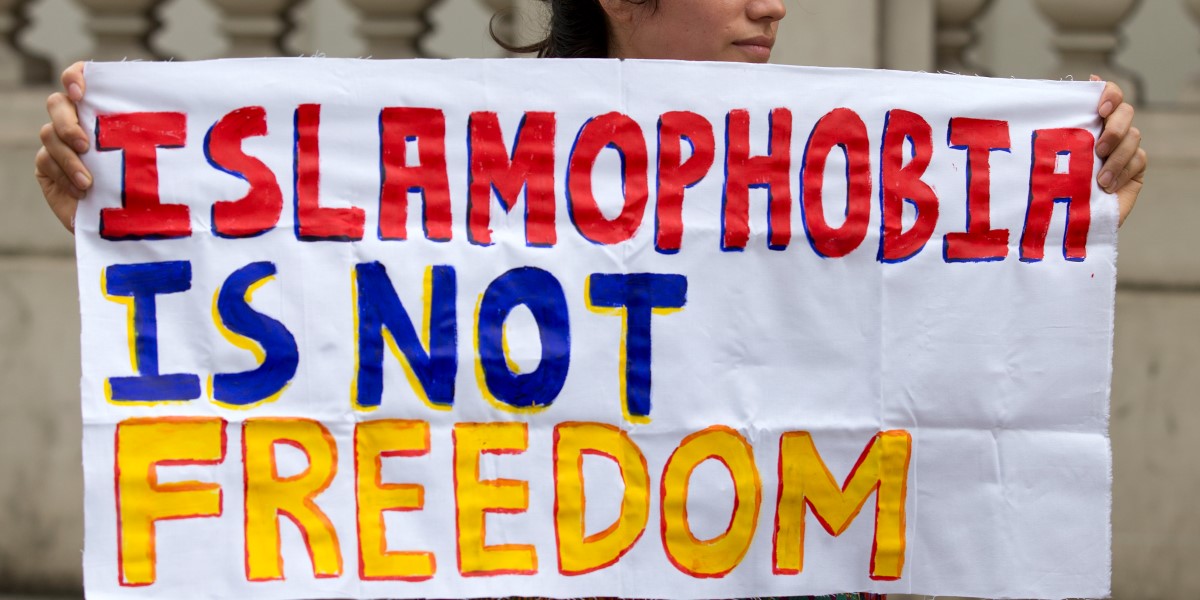
Islamophobia Debates in Japan
Last week, Tokyo's hosting a convention to discuss the Islamophobia danger is a promising development for a better world
Share
Debates about Islamophobia have become a recurrent and controversial topic in the Western world in the last few years. Although Islamophobia has existed for a long time, following the rise of populist parties in the West, we have begun to discuss the issue with a new sense of urgency. In particular, elections and referendums that have taken place in the Western world and the U.S. have elevated the urgency and started to generate fear among millions of Muslims living in this part of the world. Last week in a convention in Tokyo, Muslim democrats from different parts of the world discussed the possible implications of the issue not only for Muslims and the Western world, but also for relations between the Islamic world with the West and to democracy in the West. There were various assessments and debates about Islamophobia during the meetings.
First, there was a general consensus that Islamophobia is not an issue specific to Western countries. Although there is a sense of urgency about the level of Islamophobia in the West, there are some alarming developments elsewhere, including Southeast Asia. The situation and perception of Muslims in countries such as Thailand is an example of this reality. Also, particular concern was raised about the situation of Rohingya Muslims who are being persecuted because of their religion and identity. It is also important to remember that even in some Muslim-majority countries we can see different types of Islamophobia. For instance, after the coup in Egypt in July 2013, the military junta exhibited one of the worst examples of Islamophobia that we have ever seen. Thus while discussing Islamophobia, it is better to consider it a global phenomenon that can exist in all forms and in all countries if scapegoating, intolerance and bigotry fill the vacuum of information and civility.
Secondly, a related analysis concerned the utilization of Islamophobia by populist right wing parties as a campaign strategy. In the Brexit referendum, in Polish elections and during the referendum in Hungary, we observed this. Finally, we saw how it was used in the U.S. elections. Next year, there will be critical elections in European countries, such as Austria, France and Germany, and we have already observed that some parties in these countries have started to use Islamophobic discourse in their early campaigns. This discourse involves both anti-immigrant policies and a covert threat to people that are different in terms of culture and identity. The more problematic issue is that the fear that these parties and politicians are pumping into society is working in terms of increasing their votes. They are making people believe the perceived threat through false information and more frequently with false statistics. The mobilization of society via this type information and fear may be difficult to demobilize after the elections.
Thirdly (and very related to the second issue) is the increasing mainstreamization of Islamophobic discourse in the political and social spheres. Words and statements once regarded as marginal and radical are now increasingly used by parties and personalities gaining the majority of votes. Attitudes and words that would normally destroy the careers of politicians and policymakers are now used by them without any consequence other than light criticism. Any attempt to criticize is being called "political correctness" by the ideologues. This may generate significant problems in terms of intolerance and hate crimes in these countries.
It was important to have these debates in Japan with the active participation of experts from around the world. The concerns raised in the meeting are important, and they need to be further debated in the coming days and weeks.
[Daily Sabah, November 26, 2016]
Tags »
Related Articles

